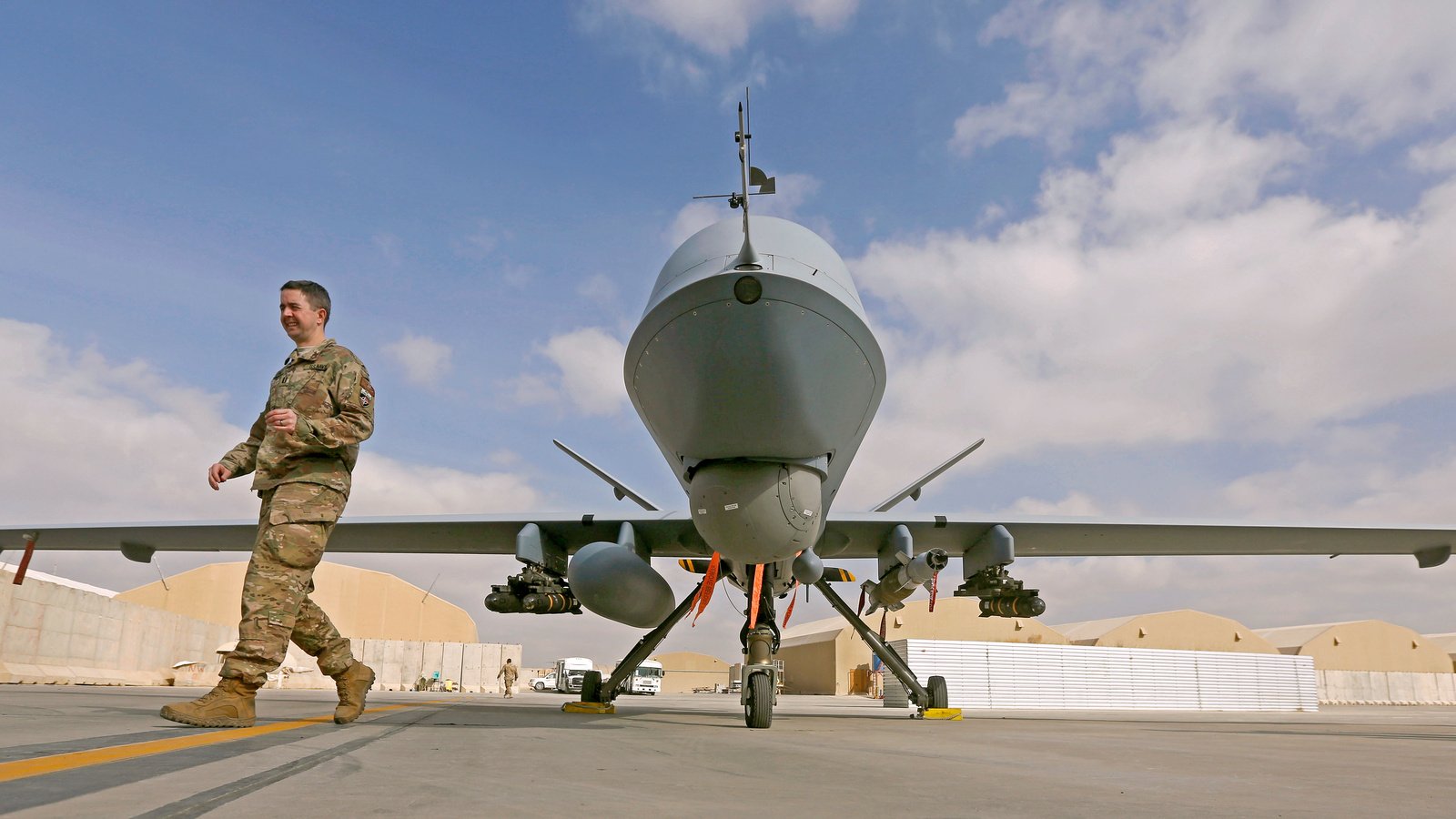
RMA is available in three main versions. These three versions are the most important and will be discussed in this article. It will also cover the impact cyber and information technologies can have on warfighting. The first version concentrates on the traditional army. The second version concentrates on the role cyber and information technologies play in warfighting.
The three basic versions of RMA
There are three main versions of Revolution in Military Affairs (RMA), namely the technological, social, and political. Some thinkers use the term for revolutionary technological developments. Others place it in a specific political and economic context. RMA's precise meaning is not known. It can have many different implications.
It is most commonly used to refer to the development of advanced weapons and information technology, as well military organization and doctrine. Former Vice Chairman of Joint Chiefs of Staff Admiral William Owens stated that the RMA's three main versions include force assets that overlap. These overlaps include intelligence-centric warfare and network-centric processing.
The RMA is often viewed as a modernization or modification of military doctrine. However, it has deep rooted roots. For instance, the Soviets saw it as a military technological revolution. However, the United States interpreted the term differently. Particularly, the Soviets' approach to air-defense was the reason for the development of these systems.
Information technology and its impact
While Lindsay's book examines the information practices of individual militaries, the case studies that he cites are not necessarily helpful. Most of them are examples of coalition warfare. However, the Iraq case might be a good example of a comparative study. Special operations forces from one nation fight alongside troops from another. This kind of comparison might help the military develop more effective information practices.
Information technology has made military operations more complex. While it has reduced the amount of time needed to execute mission objectives, it increases the number of potential casualties. The development and use complex counterterrorism systems requires greater coordination. Information systems are important in this. For example, the U.S. drone counterterrorism program has become much more complex than ever before.
Lindsay introduces a theory known as information practice. It explains how military effectiveness is related to information technology. Information practice can be described as the effort of an organization to coordinate knowledge or control. The theory is based on a two-by-two model that juxtaposes external problems with internal solutions, and traces the interdependence of these variables.
Cybertechnology's impact on warfighting
In today's increasingly complex world, cyber technologies are a key component of warfighting. Cyberspace is a key component of military operations. It powers autonomous weapons, such as robots and artificial intelligence. Cyber activates command and control networks such as Command and Information Systems, CIS and other Command and Control Networks.
The unique threat perceptions, strengths and weaknesses of each country will likely influence the selection of technology to deploy in warfighting. While advanced technology may still be the preserve and exclusive domain of richer countries, it is possible for less developed countries to access low-cost automated tools and common cyber tools. They may be more tolerant of legacy systems and are able to invest in emerging technologies faster than their rivals.
Cyber technologies could be a major factor in future wars. They can shape conventional military capabilities and disrupt civilian capabilities. They could also hamper the military's ability of conducting operations in the real world. These technologies are constantly in use, and their effects can range from minimal disruptions to major disruptions. While war is still a human-centered and politically motivated process, cyber technologies have altered the nature.